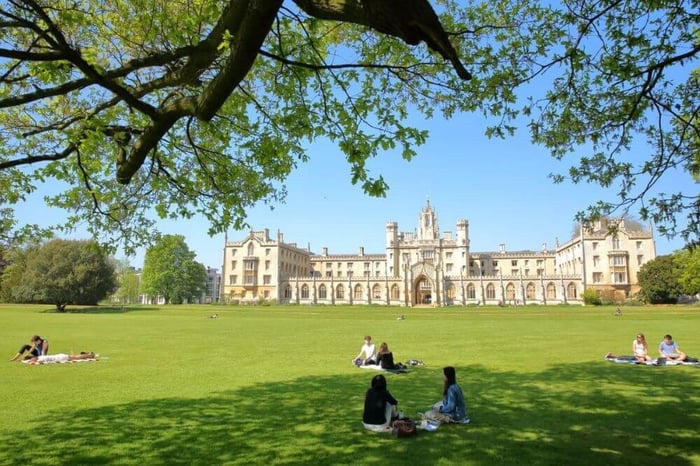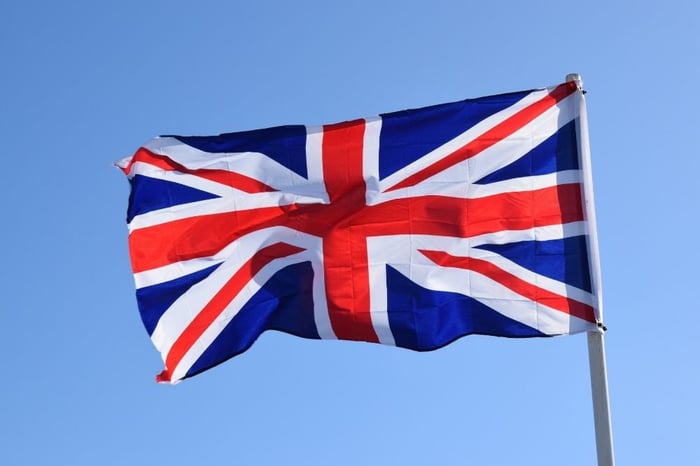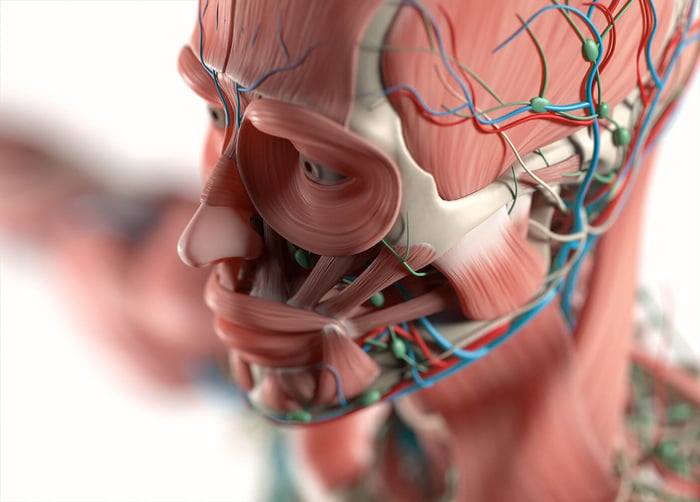
Life studying medicine at Cambridge
The 6-year Cambridge course is one of the best medicine courses in the world. Medical schools at Oxford and Cambridge are notorious for being extremely competitive, and intense once you are there. Maybe you’ve attended an open day and you’re still not sure. I hope that with this blog post I can dispel some of these myths, and help you to realise that not only is Cambridge attainable but that it can actually be really enjoyable attending med school in Cambridge.

A little bit about the application process
Like all other med schools, the UCAS deadline is in mid-October. For this, you must submit a personal statement and have registered for or completed the BMAT (BioMedical Admissions Test). If you are applying for medicine, it is likely that you have a wealth of relevant work experience. I would encourage you to relate your experiences in the healthcare settings to your A-level studies, noting what interesting scientific observations you made. If you have read an interesting book or article that relates, try to discuss it in your personal statement as this will really impress the admissions tutor. When making your application, consider which college you might like to apply to. Some, such as Gonville and Caius, have a history as a medical college. Others, such as Robinson are newer, and some, such as Newnham and Murray Edwards are only open to girls.
When choosing a college, first think of what you want to gain from your time at University. Do you want a lot of support, or do you prefer being left to your own devices? Would you rather live in the hustle and bustle of the city, or do you prefer somewhere slightly further away? Are there any particular clubs or societies which you intend to join that are only available at a certain college? Does one college excel in your favourite sport? Or, do you - like me - just want to live somewhere with some great history and lots of pretty buildings? - a genuine reason, I promise! If nothing tickles your fancy, you can submit an open application where a college will be assigned to you.
Once you’ve made your application, you will have to submit a supplementary answer questionnaire (SAQ) where you detail your UMS scores, and inform the admissions tutors of the modules you have studied thus far. There’s also a box for you to submit more information that you might not have mentioned on your personal statement! Don’t hesitate to fill this if there were things that you missed off.
The next stage of the application process is the Cambridge medicine interview, which varies from college to college, but is generally a discussion of basic science and ethics.

Life as a Cambridge medic...
I thought it might be worth telling you what a typical day is like for a first-year medical student, and then informing you of the course structure for the remainder of the years. Bear in mind I have made this timetable up, and most days will not be as intense as this. I have included some of the extracurriculars that I do, to show you how intense it can be at times, but again, this is something I have chosen.
Year 1
The first year of the Cambridge medical course consists mostly of learning of the basic medical sciences. You undertake three main courses, in anatomy, physiology and biochemistry. This is alongside a course looking at the ethical basic science behind medicine (SECHI), and statistics (ISBM).
06:00 Wake up, bright and early. Grab some quick porridge for breakfast then head to the boathouse ( a quick 10-minute cycle away). Get in the eight, and complete a 90-minute paddle. Great way to get the day started! It’s really important to have a good work-life balance whilst at University, regardless of what you are studying or where. There are so many different extra-curricular activities which you can get involved with at Cambridge, and it certainly doesn’t stop once you reach clinical school. These vary from University-wide clubs to smaller college based societies. There are hundreds of different bands, sports teams and societies celebrating niche interests, from the Arts and Crafts Society to the Doctor Who Society. There really is something for everyone!
8.30 Return to the boathouse, have a quick shower and then cycle to my 9.00 lecture. The morning lecture rush is something I will never be able to deal with.
9.00 A 50-minute biochemistry lecture (MIMS - molecules in medical science). Today it’s about metabolism. The lecturer talks us through the details of the Kreb’s cycle. I make notes on my laptop.
10.00 A 2-hour anatomy dissection session (FAB - Functional Architecture of the Body). At Cambridge, anatomy is taught by full body dissection. A group of 7 students are assigned a cadaver, and the demonstrators inform you at the start of the session of the structures they wish for you to find. Today we’re looking at the thorax, and we get to dissect the heart. I can’t put into words how strange it feels, but it is truly magical and I can speak on behalf of everyone that we are so grateful to have this opportunity, as it is a fantastic way to learn.
12.00 Physiology lecture (HOM - Homeostasis). We're learning about the respiratory system. It’s really interesting as it’s quite a clinical topic, but there is also lots of maths involved (don’t think you can escape just yet!).
13.00 Lunch break. I pop into town and pick up a meal deal as there’s nothing at home - the weekly Sainsbury's trip is tonight. It’s a good chance to see some of my friends who aren’t medics.
14.00 A free period !! Sometimes this may be taken up by a practical, in histology, physiology, or biochemistry. More often than not, the afternoon period is free - a great chance for a nap....or more likely a library session. There is another small component of the course, known as Preparing for Patients, where you visit patients in a clinical setting, usually a general practice surgery, and at their home. This takes up an afternoon.
16.00 One final lecture. This is on statistics (ISBM- an introduction to the scientific basis of medicine) and can be quite interesting. There is an exam on this at the end of the second term. If you’ve done basic statistics before, you’ll be fine. If not, don’t worry - going to lectures will more than prepare you.
17.00 Quick cycle back into town for a supervision. This is something quite unique to the university and is essentially a session with you and a couple of other students from your college and a leading academic in the field.
18.00 Supervision over. Get set a new essay but put that away for the evening because today has been a busy day! Head back to my college accommodation and get dressed up for formal in college hall!
19.00 Formal begins. A delicious three-course meal with wine, followed by coffee and port. It’s a great chance to socialise with your friends. If I’m not feeling too shattered, I may even head out clubbing as there’s no rowing in the morning.
As you can see, the timetable is fairly packed, but it is easy to work when you’re learning about something that you’re truly passionate in.

Year 2
In the second year, the course gets slightly more intense. In the first term, you study pathology, neuroscience, pharmacology and head and neck anatomy. In the second term head and neck anatomy is examined and you pick up a course in human reproduction. These are all quite major topic areas and it makes for a lot of revision for the exam. Remember that everyone is in the same boat, and the topics (for me) are much more interesting.
Year 3
In the third year, you get to choose a subject for which to intercalated in. Note that this is however compulsory. You will either study this alongside a minor subject, and write a dissertation, or you will complete a project alongside your major subject. Possible major subject combinations include:
- Pharmacology
- Psychology, Neuroscience and Behaviour
- Plant Sciences
- Psychology
- Physiology, Development and Neuroscience
- Biochemistry
- Genetics
- Pathology
- History of Science
Clinical Years
After year 3 you have completed your pre-clinical studies and transition to the clinical course. Clinical students are mainly based at Addenbrookes, but also complete placements in surrounding hospitals and GP practices, such as Kings Lynn and Ipswich. Addenbrooke’s is a great centre for the teaching of clinical medicine due to its international reputation. There are several student selected components, where you choose projects which interest you. At the end of the fifth year, you can complete an elective in a country of your choice.
In summary...what's not to love?
Overall, I couldn’t recommend studying at Cambridge enough. If you’re worried about feeling out of your depth, do not worry. The admissions team only admit people they deem capable of coping with the demands and pressures of the course. The college system is really nice, and you’ll make some of your closest friends here. There are so many extracurriculars for you to get involved with so you’ll be kept busy but there is plenty of time to relax. Unlike other universities with long terms, Cambridge only has three 8 week terms a year. They are intense, therefore, but it means you have plenty of time to explore your other interests outside of term time.
We hope that you have enjoyed this blog and feel free to contact us at [email protected] if you have any questions.



